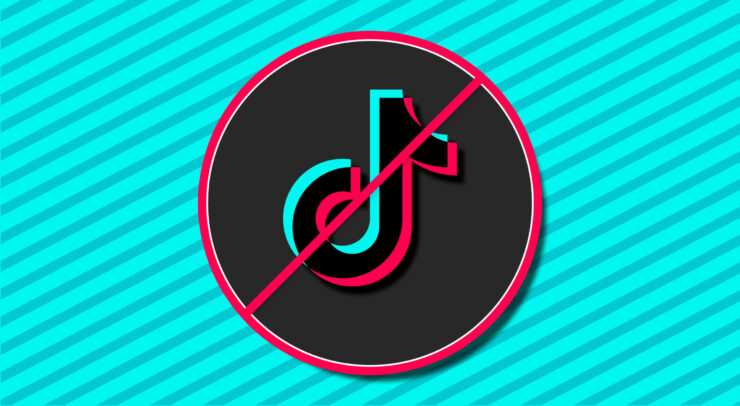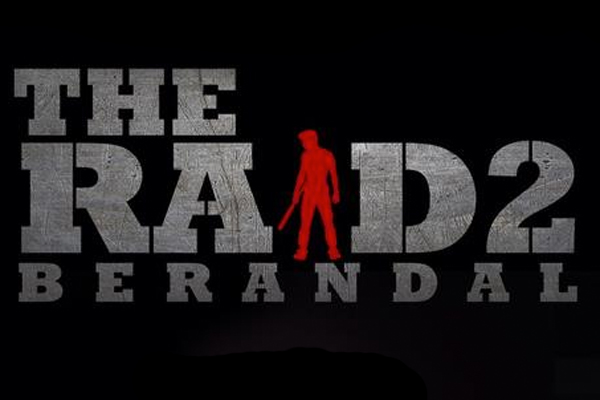Wild and Castaway prove to be encouraging during these unprecedented times
Canadian leaders have implemented social distancing guidelines to limit the spread of COVID-19. I believe that these are necessary precautions. But these guidelines transformed us into unwilling social recluses.
All of this alone time forces Canadians to work through their internal struggles. And, according to a Statistics Canada study, “[individuals feel] challenge[d] [by] [the limitations placed on] [their] ability to work [/] contribute to society.” This means that Canadians now experience, “ anxiety, loneliness and stress” at higher rates than before the pandemic.
There are many ways that we distract ourselves from our loneliness. Some of us bake bread, or learn to paint, and others take-up running. And some of us (like me) plan international trips so that I can hop on an airplane as soon as the pandemic is over. Some label me an “escapist,” but I think that my travel-agency-for-one is how I express hope for the end of COVID-19.
In the meantime, I live vicariously through travel movies. And now, because I am a recluse, I can better appreciate movies about solo adventures. I empathize with characters who experience life-changing events while alone.
Wild (2014)
Cheryl Strayed leaves Minneapolis, to hike 1,800 kilometres of the Pacific Crest Trail. She leaves because the city is a reminder of both her heroin addiction and her late mother. She hopes that her pilgrimage will help her build an enlightened version of herself.
On her hike, she often fears that she can’t overcome obstacles. For example, in one scene she throws her boots off a cliff in frustration (after the boots tore-off six of her toe nails). She then hikes for two days in tapped-up sandals before she retrieves her extra pair of boots at the lodge. In another scene, she must trust that threatening strangers won’t do her harm as she sleeps near their campsite. Yet she proves, over and over, that she is resilient, gaining respect for herself and returning to society, renewed.
My favourite part of this movie is the last scene. She reaches the ‘Bridge of the Gods’ and thinks: “Thank you. [O]ver and over again. For everything the trail ha[s] taught me. And for everything I [don’t] yet know.”
These lines encourage me to accept my struggles. Because, like Cheryl, I don’t know where my life is going. And I cannot predict my future based on my present. The movie celebrates the belief that we will overcome our setbacks.
Cast Away (2000)
A FedEx worker in New York, Chuck Noland, is stranded at sea after his airplane to Malaysia crashes. So he must live alone on a deserted island for several years until he is finally found and reunited with his family. This movie emphasizes Chuck’s slow realization that he has prioritized his career over his family.
And even though he is alone, he learns the importance of human relationships on the island. He learns this through his relationship with his inanimate friend, Wilson — a volleyball with a smiley face. There is a scene where Chuck floats on his self-made raft and Wilson falls into the water. Chuck panics and dives into the water in an attempt to retrieve Wilson.
In this moment he expresses his desperate need for family, friends, and companionship. It was his companionship with Wilson that reminds him of how much he loves his family. So in effect, Wilson encourages Chuck to be resilient so that he can one day rekindle his relationships in New York. This movie taught me that time spent alone is time where I evaluate my social needs and reminded me of the high value of my relationships.
In both Wild and Cast Away, the characters are stripped of the personas that once constructed their identities. Both characters must rediscover themselves in an environment with which they are unfamiliar. These characters remind me of my ability to overcome internal and external struggles. So the next time you feel lonely, and need a reminder that you are resilient, I recommend you watch these movies.





